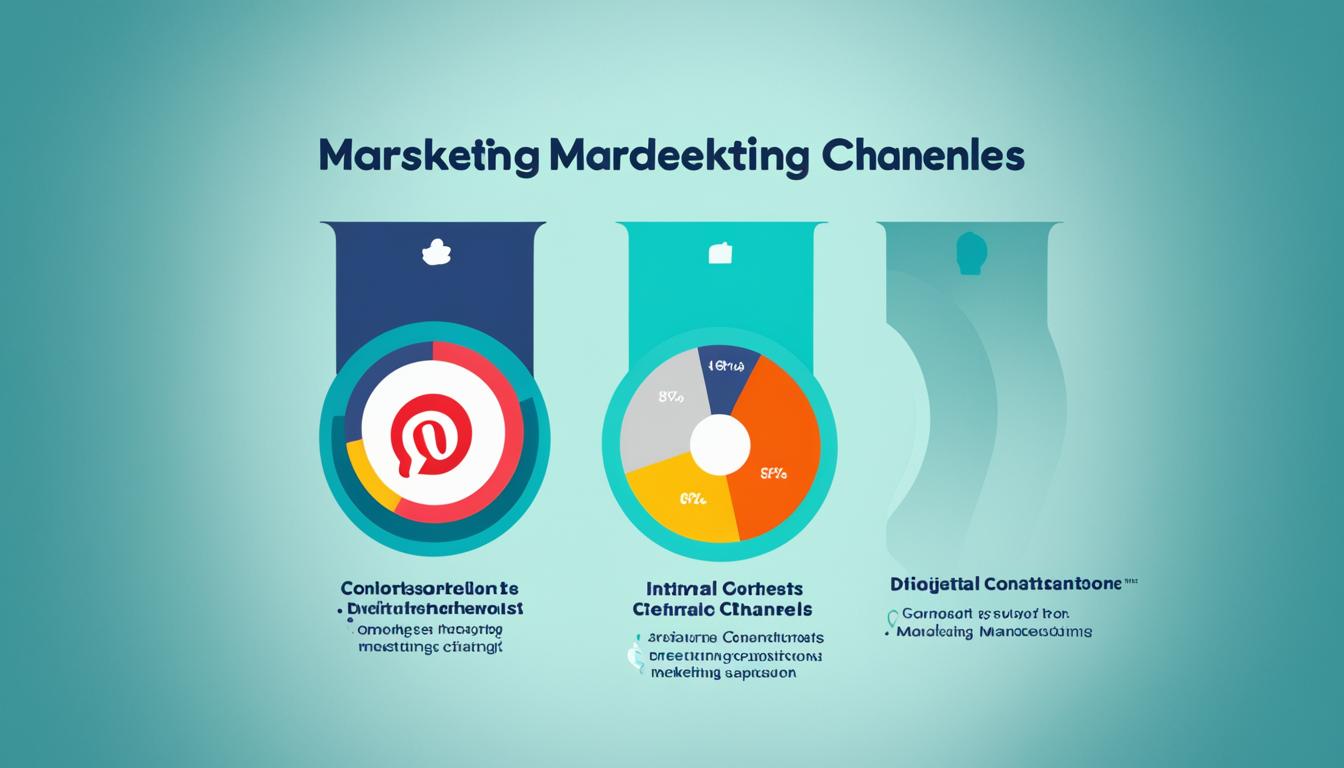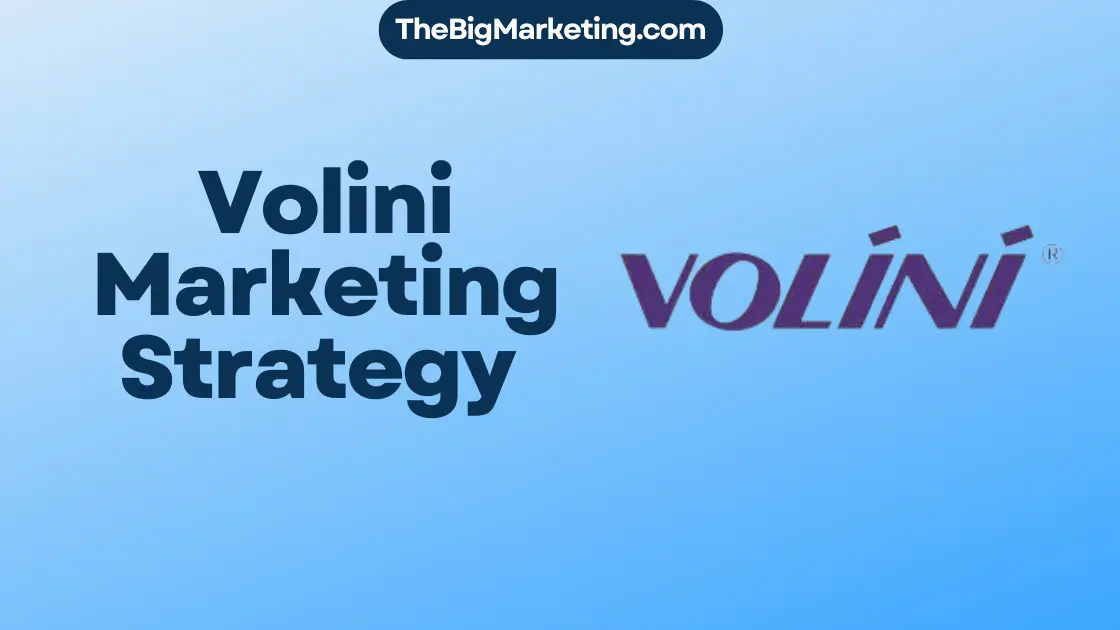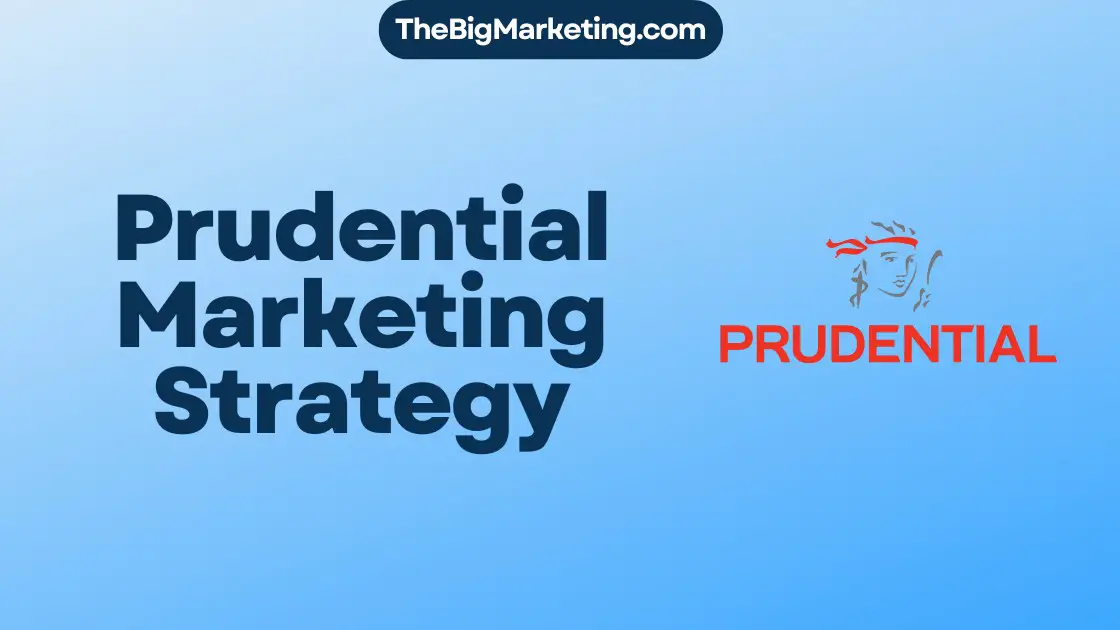When choosing a platform to build your website, two popular options often stand out: Wix and WordPress. Each platform has its strengths, and the right choice depends on your needs. Whether you’re starting a new website, launching an online store, or building a blog, you’ll want to know which one suits you better.
Let’s break down the differences and figure out which is the better option for you.
Ease of Use
When it comes to ease of use, the Wix vs WordPress debate is quite prominent. Wix offers a highly intuitive drag-and-drop editor, making it easy for beginners to create and manage their websites without any coding knowledge. The Wix editor allows you to see changes in real time, so there’s no guesswork. If you’re a small business owner or new to website building, you’ll appreciate how intuitive the Wix platform is.
WordPress, on the other hand, has a steeper learning curve. It requires familiarity with terms like content management system and block editor, especially if you’re using WordPress page builders to design your site. However, WordPress offers more customization options than Wix, ideal for users who want more control over their site.
Design and Flexibility
Wix provides hundreds of templates that you can customize using the Wix editor. However, once you choose a template, you can’t switch it without rebuilding your site. Wix also offers Wix ADI (Artificial Design Intelligence), which helps design your site.
In contrast, WordPress offers more flexibility with thousands of WordPress themes that can be switched anytime. You can also use various page builders for more control than the Wix drop editor.
If you’re looking for unique design flexibility, WordPress is the better option, but if simplicity is your priority, Wix is a solid choice.
SEO and Marketing Tools

Search engine optimization (SEO) is crucial for anyone hoping to attract visitors through search engines like Google. Wix offers built-in SEO tools, and you can also add apps like Google Analytics and Google Search Console through the Wix app market. However, Wix’s SEO capabilities are somewhat limited compared to WordPress. For example, with Wix, you don’t have as much control over your page SEO settings, which can affect how your site ranks on Google.
WordPress, on the other hand, is well-known for its SEO capabilities. With plugins like Yoast SEO, you can fully optimize your content for search engines. This level of control gives WordPress an edge for those serious about improving their search engine rankings. If SEO is a priority for your site, WordPress is likely the best platform.
Ecommerce Features
If you’re planning to run an online store, both Wix and WordPress offer options. Wix ecommerce is easy to set up and includes key features like inventory management, marketing tools, and even integration with social media platforms. Wix makes it simple to build and run a small-to-medium-sized online store without needing any technical expertise.
Meanwhile, WordPress relies on WooCommerce, one of the most popular ecommerce plugins available. WooCommerce offers far more customization options for your store compared to Wix ecommerce, making it suitable for larger or more complex stores. While WooCommerce gives you flexibility, it does require more setup and technical knowledge.
Pricing and Plans
Wix offers a free plan, but it comes with Wix ads on your site. If you’re serious about building a professional website, you’ll likely need to upgrade to one of Wix’s paid plans, which start at around USD$17 per month. These plans give you more storage space and a custom domain, and they remove the ads.
WordPress is technically free, but you’ll need to pay for hosting, a domain, and possibly premium plugins or themes. Hosting can range from USD$4 to $45 a month, depending on your needs. In the long run, WordPress can be more cost-effective if you’re running a large site or online store.
For small businesses or personal projects, Wix’s paid plans are affordable and straightforward. However, if you’re looking to scale your site over time, WordPress may offer more value.
Customer Support
Wix shines when it comes to customer support. They offer 24/7 support, including phone support for some plans, and have a comprehensive knowledge base. This makes Wix ideal for beginners who might need extra help along the way.
WordPress, being an open-source platform, doesn’t have direct customer support. Instead, you’ll rely on forums, tutorials, and third-party experts. If you need personalized help, you’ll likely need to hire a developer. So, if easy access to customer support is important to you, Wix has the upper hand.
Speed and Performance
Page speed is a critical factor in both user experience and SEO. Wix takes care of hosting and optimization, which means Wix sites generally load quickly without much effort on your part. However, if your site grows too large or you have many media files, you might notice slower loading speeds.
With WordPress, page speed depends heavily on your hosting provider and how well you optimize your site. Using the right plugins and keeping your website design lightweight can help improve performance. While this gives you more control, it also requires more work and knowledge to maintain fast loading times.
Final Verdict
If you’re a small business looking for a quick and easy setup, Wix is a solid choice with its built-in SEO tools and reliable customer support. For more flexibility and long-term growth, WordPress offers unmatched customization options. Ultimately, the best platform depends on your specific needs.
Your website is a key part of your online presence, and choosing the right platform today will set the stage for your success tomorrow. Take the time to explore both options and see which one fits your vision—your ideal site is just a few clicks away!






